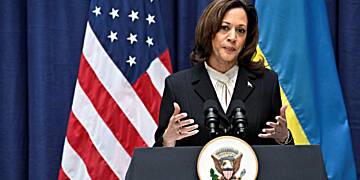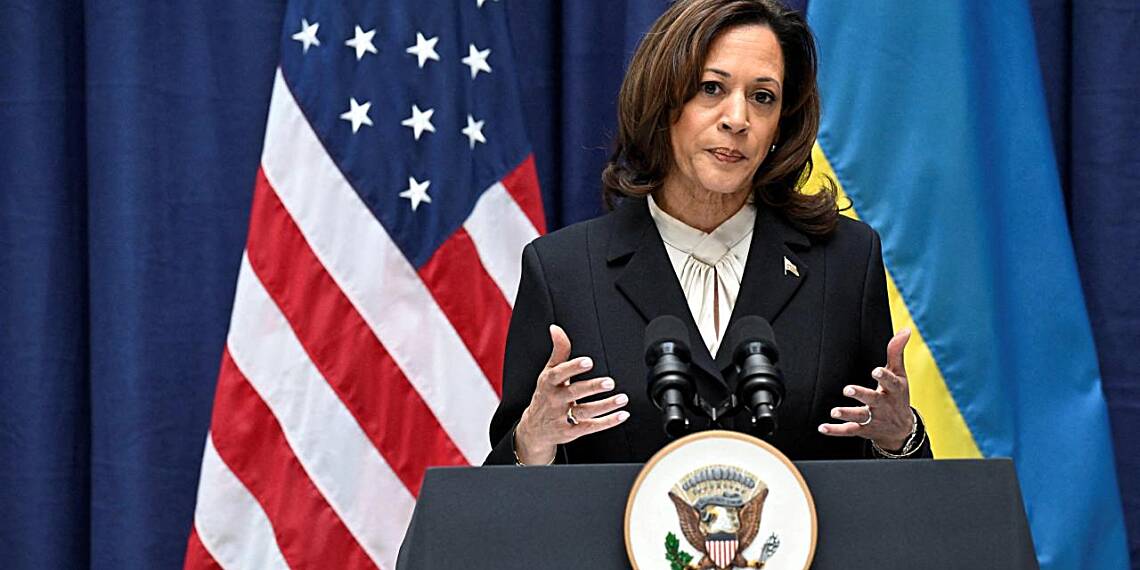By: Ama Gyamfuah
The Biden-Harris administration couldn’t shake the “vibecession” even when the economy was on a tear. It may be even harder now that cracks are forming in the labor market.
Americans have been grumpy about the economy for the better part of three years because prices have gone up, and — fairly or unfairly — many consumers have blamed the White House. Now, inflation is more or less under control, but that’s also come at a cost: The job market, while still historically strong, is starting to weaken.
Last month, the economy gained just 114,000 jobs, and unemployment rose to 4.3% from 4.1%, largely because of an influx of job seekers re-entering the workforce. It was hardly a disastrous jobs report, but it was a surprisingly abrupt shift from June, when the economy added 179,000, and May, when it added 216,000.
The jobs report was not a disaster, by any stretch, and it’s no guarantee of a looming recession. But it was a surprise, and economists expressed concerns about how quickly the labor market appears to have downshifted.
“We don’t know just how precipitously the labor market is softening, but it seems pretty darn clear that it is softening,” said Heidi Shierholz, president of the Economic Policy Institute, a left-leaning think tank.
One month isn’t enough to declare a trend, but it’s enough to seriously complicate Vice President Kamala Harris’ economic pitch as the new presumptive Democratic nominee.
For Wall Street, the surprise slowdown was the bitter cherry on top of a sundae of disappointing tech earnings.
“The reason investors are reacting the way they are is because we are back, in many ways, to where we were during the dot-com bubble,” Sam Stovall, chief investment strategist at CFRA Research, told me.
“And at the same time, it’s just a reminder that investors are no better than hyperactive first-graders playing musical chairs, always trying to out-anticipate the other as to when the music will stop.”
Investors went a little berserk on Friday, sending US stocks down sharply. The Dow shed more than 600 points, or 1.5%. The S&P 500 lost 1.8% and the Nasdaq Composite declined 2.4%, putting the tech-heavy index in correction territory (down 10% from its peak on July 10.).
Source: CNN




















